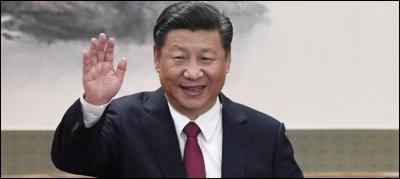The decision of the Chinese Communist Party to abolish term limits for the Chinese President – enabling Xi Jinping to be President indefinitely – has caused much concern and introspection in Western countries, and reportedly in China itself.
In the days that followed the announcement there was increased censorship in Chinese social media, including the censorship of innocuous words such as ‘No’ or ‘disagree’ that could be used to express disagreement with the decision.
Yet in New Zealand any expression of surprise or disappointment was notably absent. While the front page of the Economist magazine carried a picture of Xi Jinping with the headline ‘How the West got China wrong’, there was barely a murmur of concern in New Zealand about what this decision meant for New Zealand and its relations with China.
The lack of apprehension of what Xi’s indefinite rule means for New Zealand is disconcerting. New Zealand has been rightfully proud of our relationship with China since the 1970s, and achievements such as the ‘four firsts’ represent the real success of New Zealand’s independent foreign policy. But abolishing term limits is a confirmation of a change in direction from China, one that carries real significance. It is important that New Zealand recognize the shift in the Chinese political system towards increasing authoritarian rule and a cult of personality.
While some may attribute New Zealand’s lack of comment and concern to our economic dependence on China, a closer look at the regional trade data would suggest that by regional standards New Zealand’s exposure to China is moderate. At around 25 percent of total exports, this is close to the average for the Asia-Pacific region, but below the export exposure seen in economies such as Australia, Korea, Singapore – and even Chile.
Continue here to read the full article on Newsroom || March 07, 2018 |||





